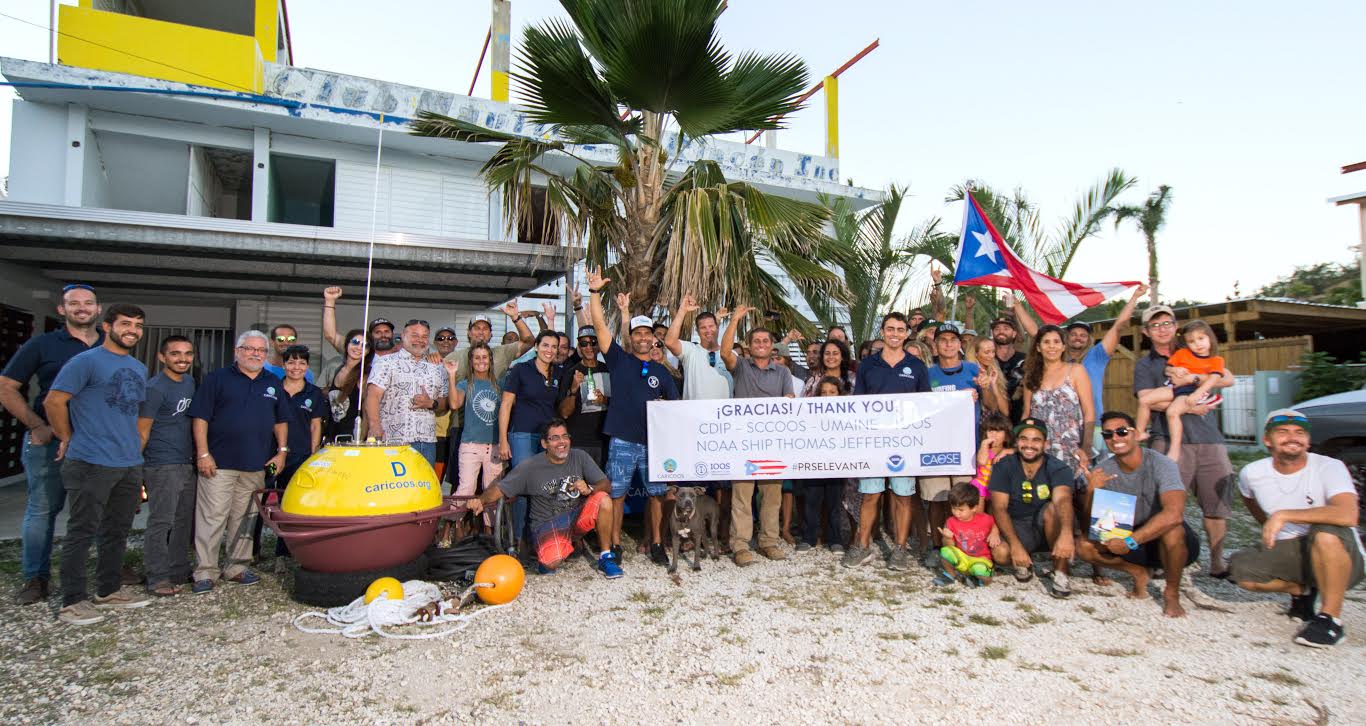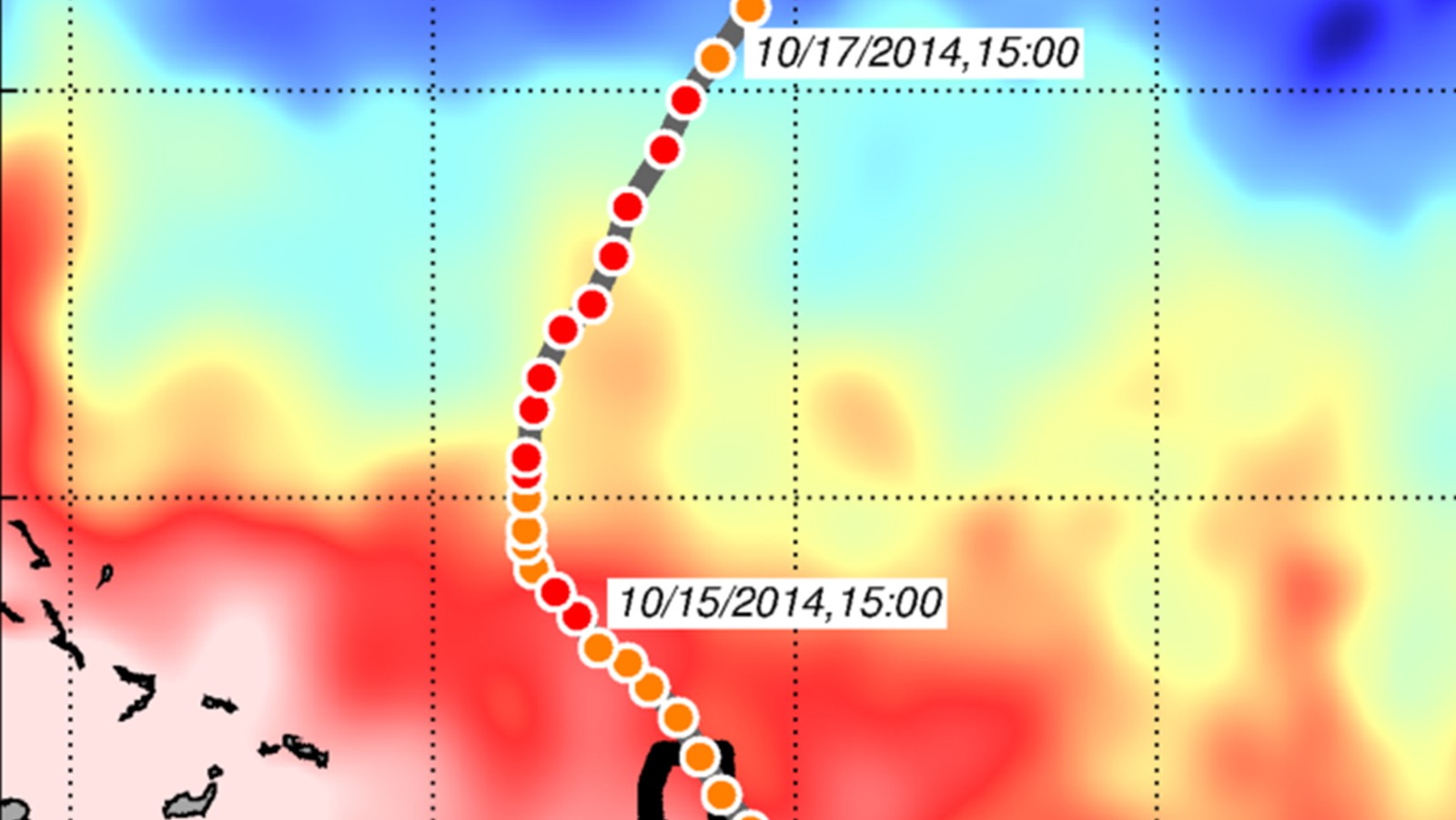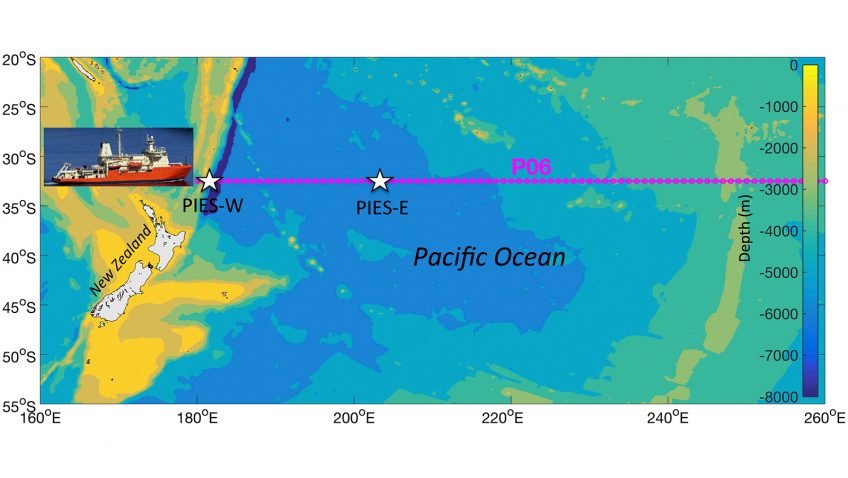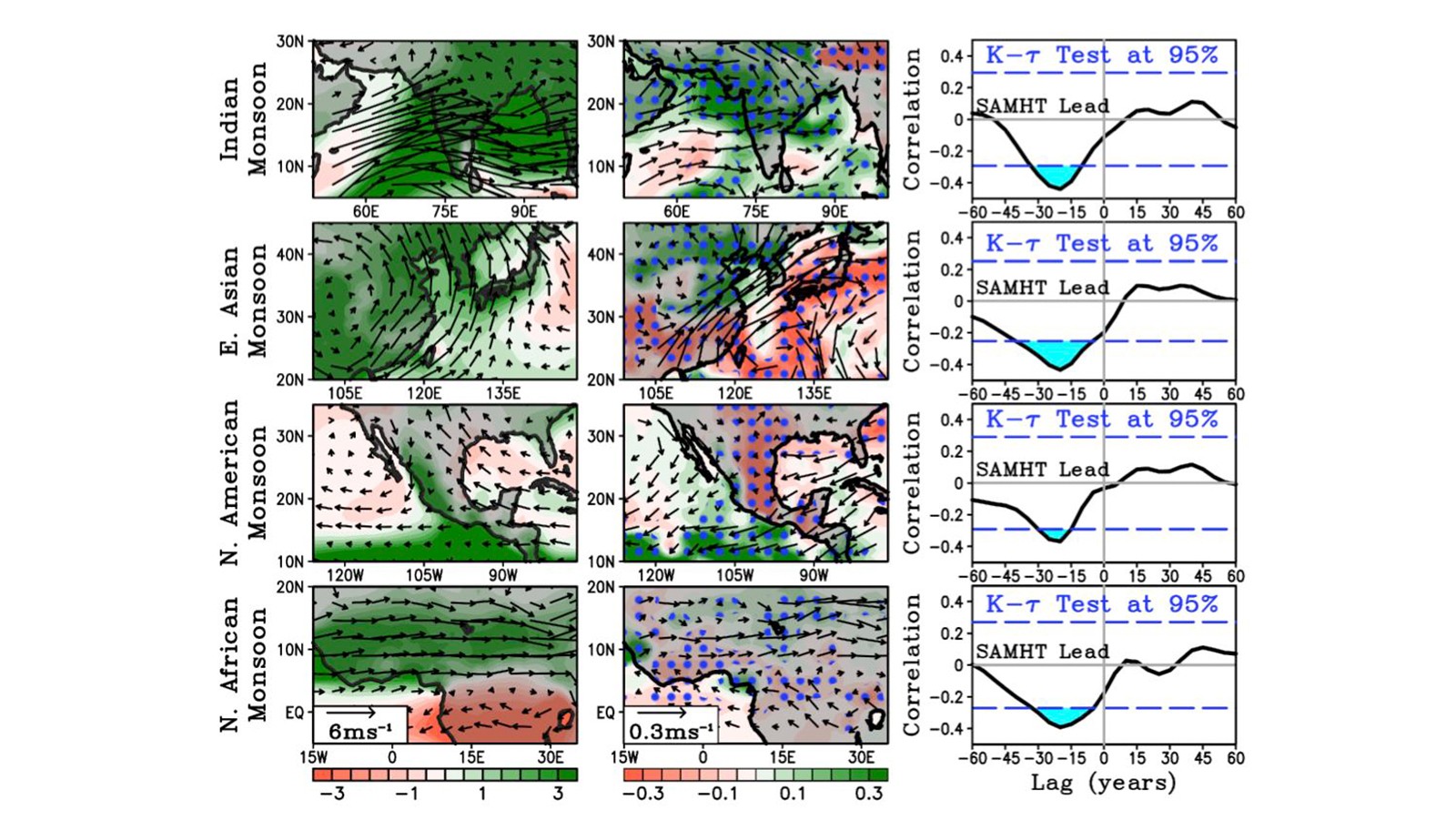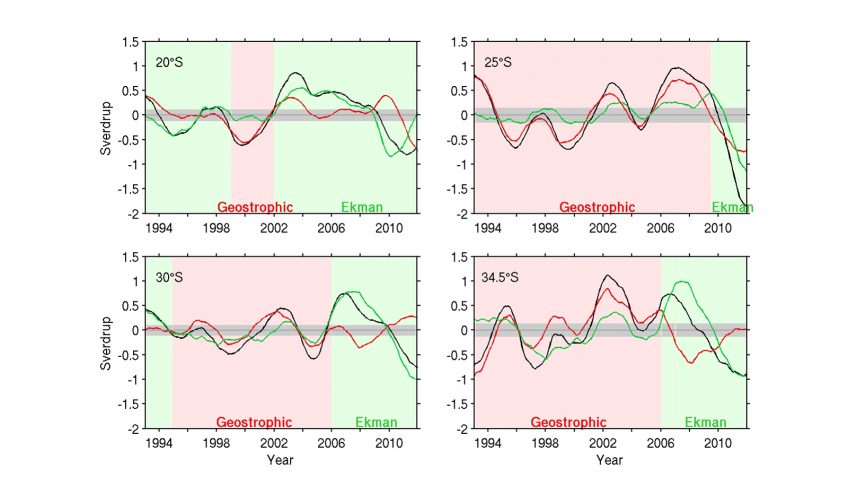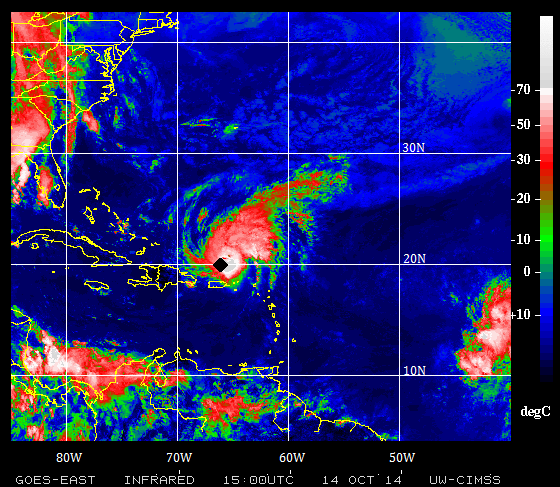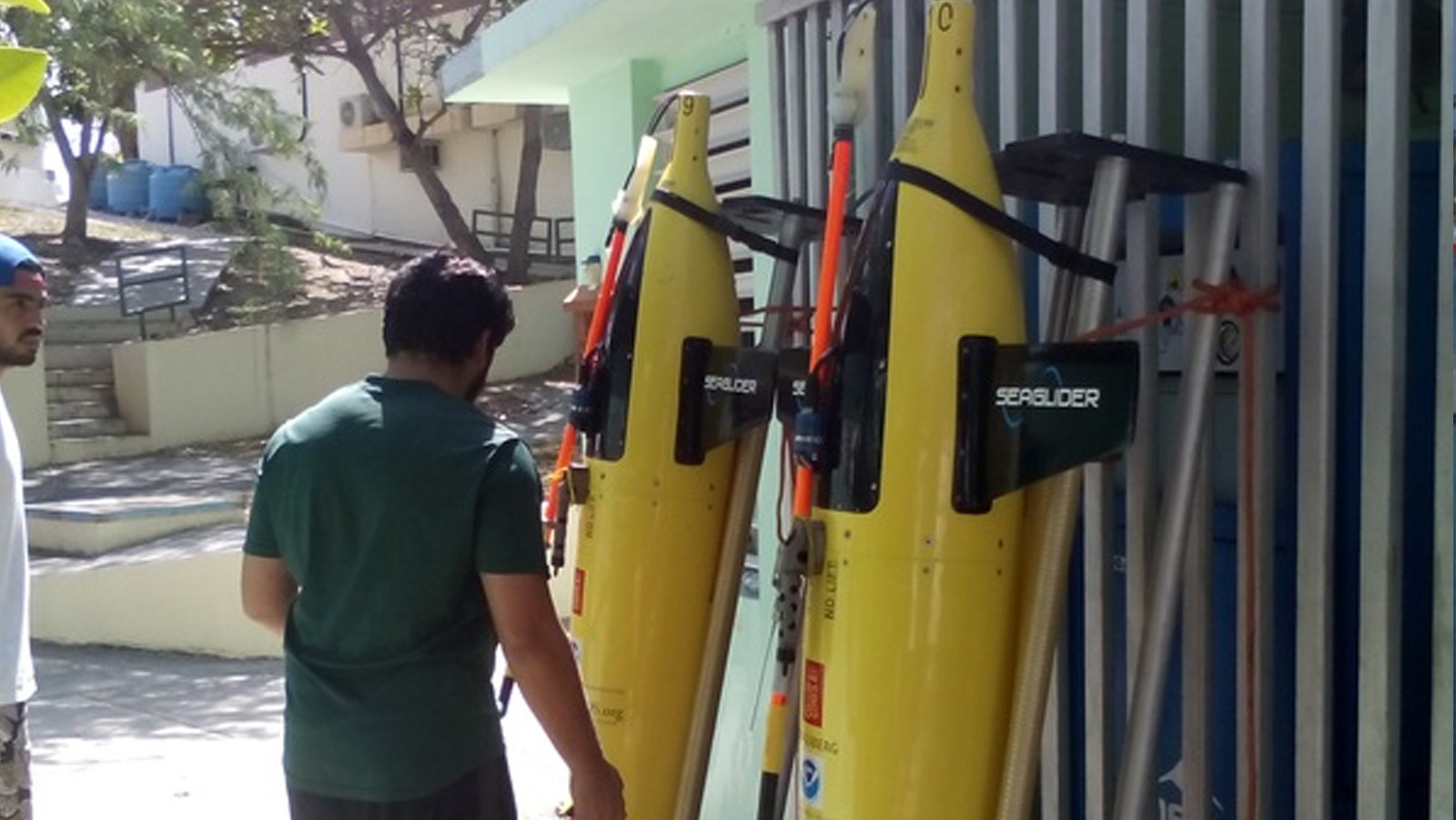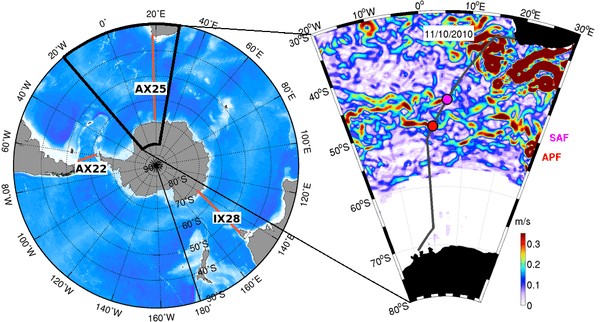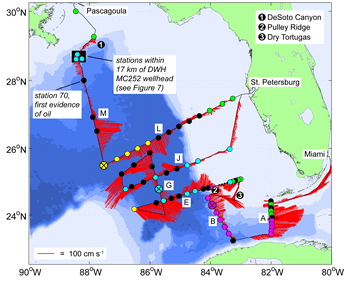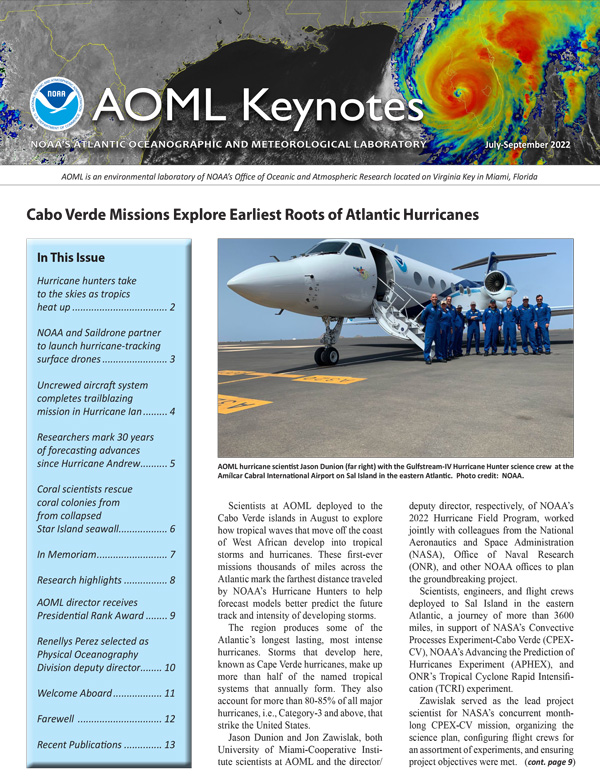Climate change may fuel more heat waves in the western U.S. and Great Lakes
AOML scientists, Hosmay Lopez and his colleagues used observations as well as model simulations of 20th Century climate and 21st Century projections to show that the occurrence of heat waves in the U.S. are on the rise and will continue to do so in the coming decades. This research was recently published in Nature Climate Change.

